This year, I’ve noticed that more of my clients than ever before have embraced ‘Veganuary’ – that is, the practice of going vegan for the month January. It makes sense: after the excesses and meat-heavy meals of December, it feels detoxifying (not to mention virtuous!) to undertake a month of lighter, healthier, animal-free eating.
Now that January is coming to an end, clients have started asking me about making veganism a permanent part of their lifestyle. And why not? Veganism is good for the environment, it speaks out against animal cruelty, and a well-rounded vegan diet can be packed full of amazing nutrients.
As for your hair, if you plan correctly and are armed with the right information, a vegan diet can be great for that too. Here is my wisdom on how to make eating vegan work for your strands.
Power-up with Protein
Proteins, in the form of amino acids, are the building blocks of your hair. Because your body cannot make amino acids on its own, you must consume them daily in order to ensure long, strong, healthy hair growth.
The good news is, both quinoa and whey contain all the essential amino acids you need. The bad news is, they are the only vegan food sources that do.
Don’t worry, though! If you don’t want to eat quinoa and whey every day, you can get all the amino acids you need by combining different protein sources together.
For instance, at breakfast, sprinkle almonds, linseeds, chia seeds, or nut butter into your porridge.
At lunch, add lentils or roasted cashews to your tofu bowl.
At dinner, mix beans, chickpeas and rice together for a hearty evening stew. (I recommend eating protein at every meal for maximum hair benefit.)
For an extra boost, you should also take a supplement. We love PK4 Soy Protein Boost. It contains all essential amino acids needed for hair growth, and it’s vegan-friendly. Simply take two with breakfast and two with lunch.
Boost Your Iron Intake
Deficiencies in Iron and Ferritin (stored iron) are among the most common causes of hair loss, and the growth of short, wispy hair, that we see at our Clinics in London and New York.
If you are a woman of menstruating age, and especially if you have heavy periods, it can be really challenging to get enough Iron even if you are eating red meat! And if you’re following a vegan diet, it can be even more so. This is because Iron found in plant-based foods (non-haem Iron) is not as bio-available as Iron found in animal products (haem-Iron). In other words, it is not as easily absorbed by your body.
So, I suggest taking a daily Iron supplement, as well as upping your intake of Iron-rich foods.
Great vegan sources of Iron include:
Beetroot
Dried apricots
Watercress
Lentils
Prune juice
Cashews
Dark treacle
Dark, leafy greens.
Seek Out Vitamin C
Vitamin C helps optimise Iron absorption. So If you are eating an iron-dense food, add a good source of Vitamin C to it – such as broccoli, peppers, potatoes, cauliflower, oranges, orange juice, grapefruit, or strawberries.
Add (Vegan) Milk to Your Tea
Drinking black tea can impede Iron absorption, so add a splash of oat, soy or almond milk to your cuppa.
Vibe with Vitamin B12
Vitamin B12 is needed to help carry oxygen to all tissue – including your hair follicles. This means that a lack of Vitamin B12 in your diet can disrupt the hair growth cycle, causing your hair to fall out prematurely.
Unfortunately, Vitamin B12 Is not naturally found in plant-based foods. To help prevent B12 deficiency, take a daily vegan B12 supplement, or talk to your GP about B12 injections. You should also keep an eye out for foods fortified with B12, such as non-dairy milk products, vegan-spreads, yeast extracts and cereals.
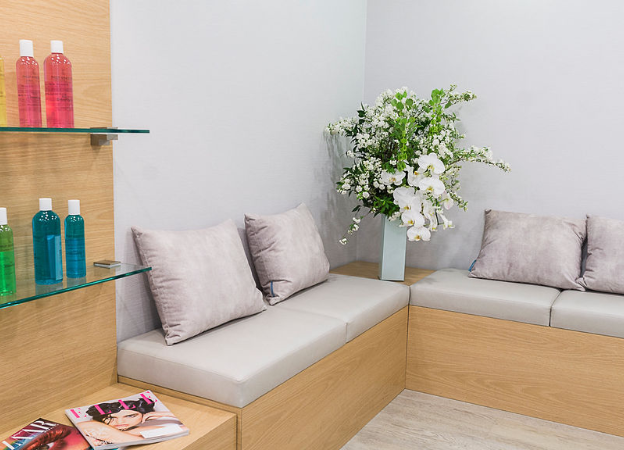


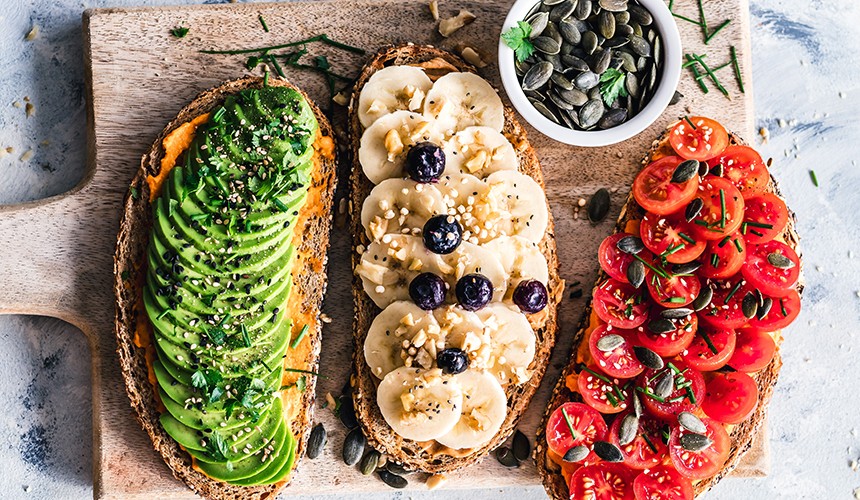

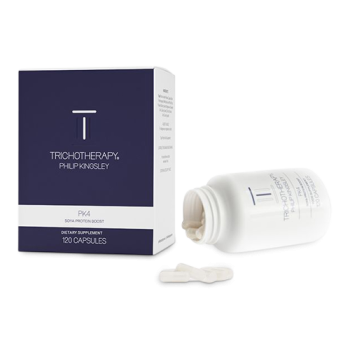

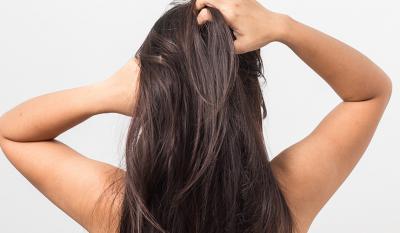
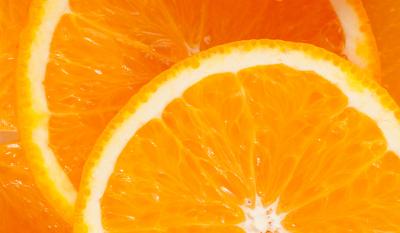
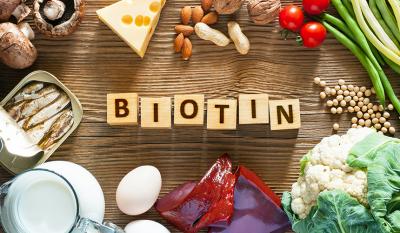
Leave a Comment
Helpful info re food intake for healthy hair. i have lots of very thick hair. I’ve recently bought your 1,000ml Elasticizer + Itchy Scalp Treatment. Am enjoying the newsletters :-)